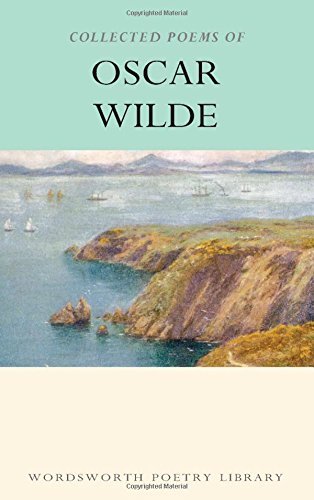What do you think?
Rate this book


Unknown Binding
First published January 1, 1909
But the life of man is sorrowOscar's poetry is very different from what I expected. Before going into this I didn't consider that the Poems were one of the first works that Oscar published, he wrote Vera before that but that was it. So his poetry is a great look at (as I like to call him) fetus!Oscar – a great look at the man before he discovered his snark and cynicism.
And death is a relief from pain,
For love only lasts till tomorrow
And life without love is vain.
In Reading goal by Reading townAnother poem that stood out to me is Requiescat. It was written in memory of his younger sister who died at the age of nine, and the following verses just get me every time:
There is a pit of shame,
And in it lies a wreched man
Eaten by teeth of flame,
In a burning winding-sheet he lies,
And his grave has got no name.
Tread lightly, she is nearThe image of young Oscar standing beside the grave of his sister picturing her beneath the earth evokes so many emotions in me, as the kids would say: all the feeeels.
Under the snow
Speak gently, she can hear
The daisies grow.
And thou whose wounds are never healed,Hot damn, Oscar. I love you!
Whose weary race is never won,
O Cromwell's England! Must thou yield
For every inch of ground a son?
"Tread lightly, she is near
Under the snow
Speak gently, she can hear
The daisies grow"
"You were always afraid of a shower,
Just like a flower:
I remember you started and ran
When the rain began.
I remember I never could catch you,
For no one could match you
You had wonderful, luminous fleet,
Little wings to your feet.
I remember so well the room,
And the lilac bloom
That beat at the dripping pane
In the warm June rain;"